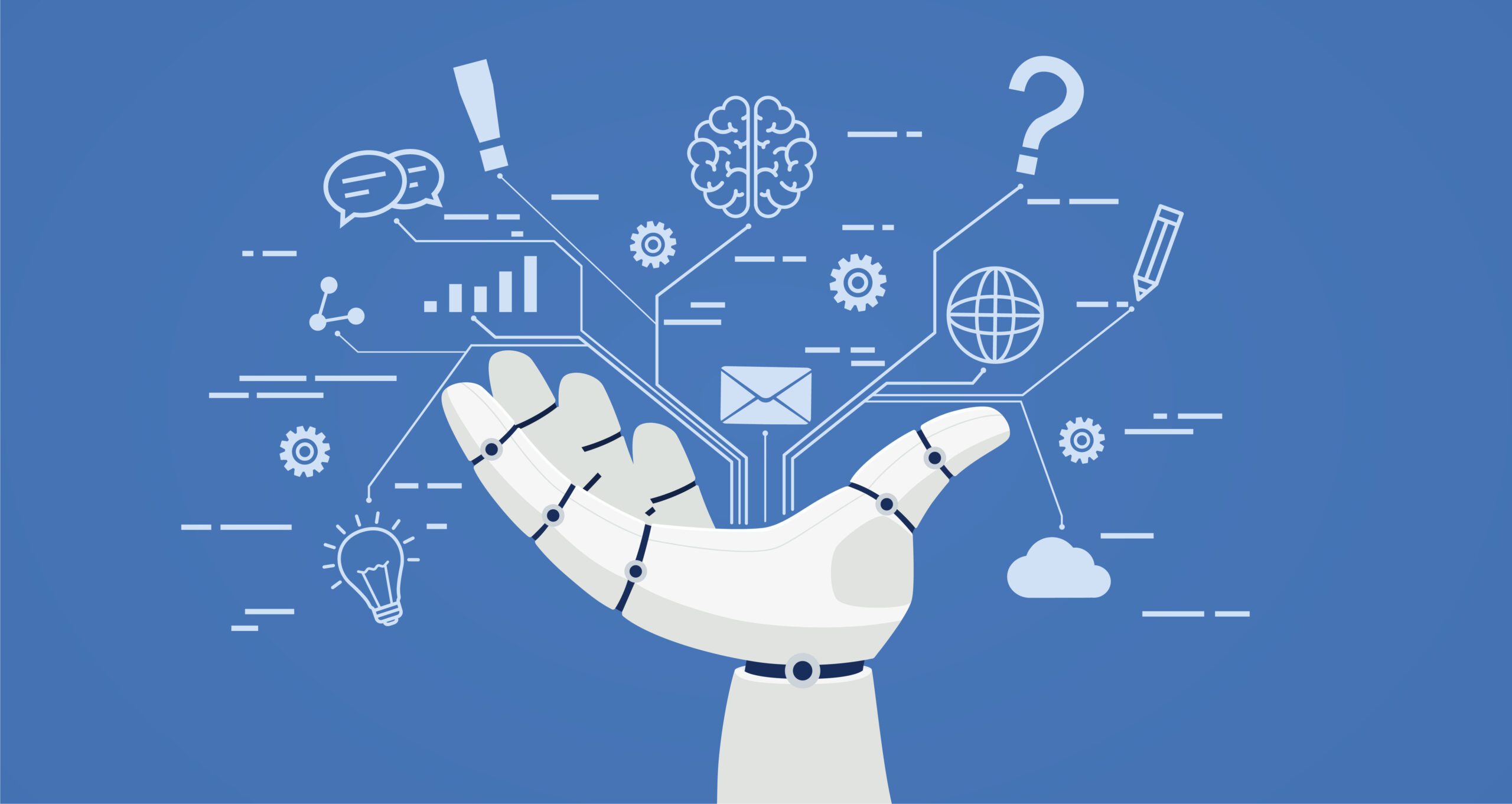Few advancements have sparked as much excitement and potential as Artificial Intelligence (AI) and Machine Learning (ML). These groundbreaking technologies are reshaping industries and revolutionizing the way we approach product management. As companies continue to integrate the capabilities of AI and ML into their software, they are reaping substantial rewards. Consequently, how will AI and ML transform the product management space? Let’s take a closer look at how the usage of AI is expected to evolve over time. Furthermore, we’ll dive into the possible consequences for companies that are slow to adopt it or overlook its potential.
The Current Impact of AI and ML on Product Management
The impact of AI and ML on product management is already yielding remarkable benefits for companies that have embraced their capabilities. For example, these technologies empower product managers to gain valuable insights into customer needs, drive product development, and elevate user experiences.
With the aid of AI, product managers can tap into advanced data analytics, enabling them to better understand consumer behavior, preferences, and market trends. Furthermore, this wealth of information empowers them to make informed decisions about product features, pricing strategies, and impactful marketing campaigns. ML algorithms analyze vast datasets, unveiling patterns and predicting future trends, thereby enabling product managers to proactively respond to market demands.
Moreover, AI-powered chatbots and virtual assistants have revolutionized customer support, offering personalized recommendations and real-time assistance. These intelligent systems streamline interactions, freeing up valuable time for product managers to focus on strategic initiatives.
The Evolving Landscape of AI in Product Management
As AI and ML continue to evolve, their impact on product management is poised to reach new heights. Here are a few exciting areas where AI is expected to create transformative change:
Enhanced Customer Insights: AI algorithms will become even more adept at analyzing complex datasets, granting product managers deeper customer insights and an unprecedented ability to anticipate their needs. This will result in the development of highly tailored products and services that resonate with target audiences.
Automated Product Development: AI and ML will facilitate the automation of various aspects of product development, including idea generation, prototyping, and testing. Intelligent algorithms will leverage historical data and user feedback to generate innovative product ideas and optimize design, significantly reducing time-to-market.
Hyper-Personalization: With AI, product managers can create hyper-personalized experiences by leveraging individual customer data. By understanding each user’s preferences, behaviors, and context, AI-powered systems can deliver customized product recommendations, personalized marketing messages, and tailored user interfaces.
Consequences for Companies Slow to Adopt
In this era of rapid technological advancement, companies that hesitate to embrace AI and ML technologies in their product management processes risk falling behind their competitors and missing out on numerous growth opportunities. Here are some potential consequences to consider:
Missed Competitive Advantage: AI-driven insights and automation provide a significant competitive advantage in today’s fast-paced business landscape. Companies that fail to adopt these technologies may struggle to meet customer expectations, leading to a loss of market share.
Inefficiency in Operations: Without AI-powered automation, product management processes may become inefficient and resource-intensive. Manual data analysis and decision-making can result in delays, errors, and suboptimal outcomes.
Overlooking Growth Opportunities: AI and ML uncover hidden market trends, identify untapped customer segments, and generate innovative product ideas. Companies that do not leverage them may miss out on valuable growth opportunities and fail to meet evolving customer demands.
Diminished Customer Satisfaction: AI-driven personalization and intelligent support systems enhance customer satisfaction and loyalty. Companies that do not embrace these capabilities may struggle to deliver seamless user experiences, leading to customer dissatisfaction and churn.
The Immense Potential AI and ML
Product management is undergoing a remarkable transformation, and AI and ML technologies are at the heart of this revolution. This article highlights the immense potential of these technologies to empower companies, drive innovation, and create exceptional user experiences. Embracing AI and ML as integral components of product management strategies will enable businesses to stay at the forefront of innovation and meet the ever-changing needs of their customers. So, let’s embrace the warmth of these technologies and embark on a journey of growth and success together.



